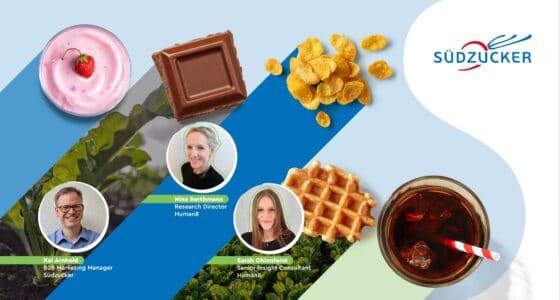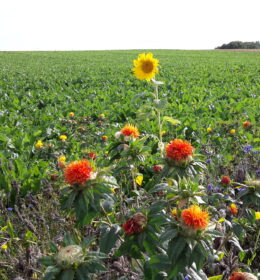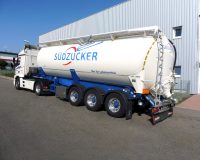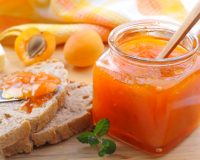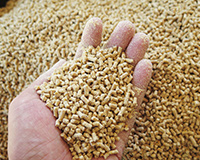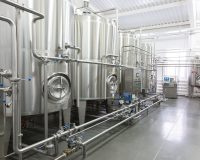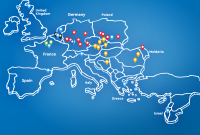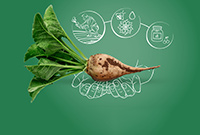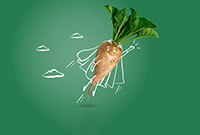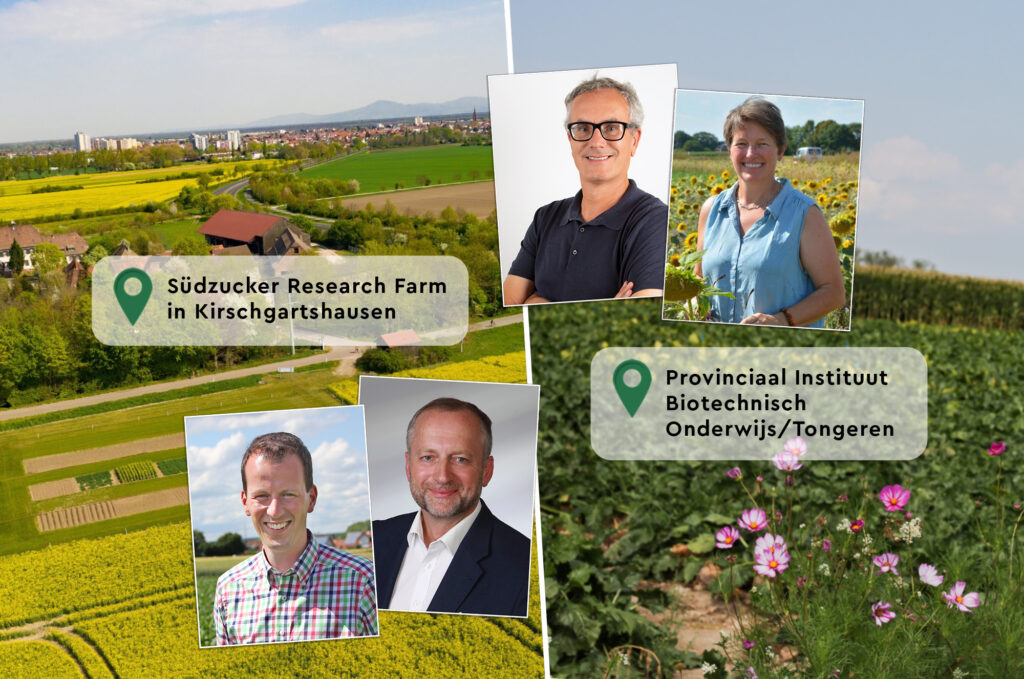
Building the Bridge Between Cultivation and Consumption with Südzucker’s Sustainable Farming Days
The changing climate, the increase in diseases and pests and the management of fertilisation and crop protection are challenges that farmers are currently facing and will continue to face in the future. Agriculture, including sugar beet cultivation, depends on limited natural resources such as soil, water, nutrients and biodiversity. In order to prevent agriculture from damaging itself to a certain extent, it is therefore essential that the negative impacts on nature and the environment are kept to a minimum by agriculture and that regional natural resources are conserved while maintaining a qualitatively high yield.
But it is not only we ourselves at Südzucker who have sustainability requirements; this has also become more important for our customers in recent years. For example, it is important for our customers to know what sustainable cultivation means for sugar beets, where our sugar comes from, how it is produced and what measures we are taking to produce more sustainably. We want to combine the needs of our customers and our farmers in adapting to the changing climate. In doing so, we strive to ensure that products are produced under ethical and environmentally responsible conditions.
One example is the local cultivation of beets, as this leads to short transport distances between farmers and the processing plant and at the same time strengthens the regional economy. Another advantage is that risks in the supply chain, or potential supply bottlenecks, can be reduced. In addition, sustainability is also becoming increasingly important along the entire value chain. With our sustainably and regionally grown sugar beets, we can offer products of consistently high quality.
Sustainable cultivation, local sourcing of sugar beets and support for local agriculture therefore form the basis for more sustainable action for us. And in doing so, we have defined four fields of action on which we focus our activities: Sustainably Grown, Foster Biodiversity, Emissions Reduction 2030 and Conscious Consumption.
In the Südzucker Sugar Division, we therefore invite our customers to the Sustainable Farming Days every year to create a transparent link between Südzucker sugar beet cultivation and Südzucker customers. The Sustainable Farming Days take our stakeholders directly to the field and thus build a bridge between agriculture and consumption. The Sustainable Farming Days have already taken place this year on our experimental farm in Kirschgartshausen (Germany), at the Provincial Institute for Biotechnical Education PIBO in Tongeren (Belgium) and on a farm in Etrépagny (France) – the event is still to come in Poland in 2024. In addition to strategy topics and an introduction to the current challenges, such as energy, climate and political framework conditions, the guests get a direct practical reference during the field visits. The focus topics of the events were information on:
- The sugar beet as an agricultural crop
- Soil sampling and analysis by our Soil Health Service in Germany
- Demonstration of different approaches to weed control
- The effect of flower strips in and around sugar beet fields on biodiversity
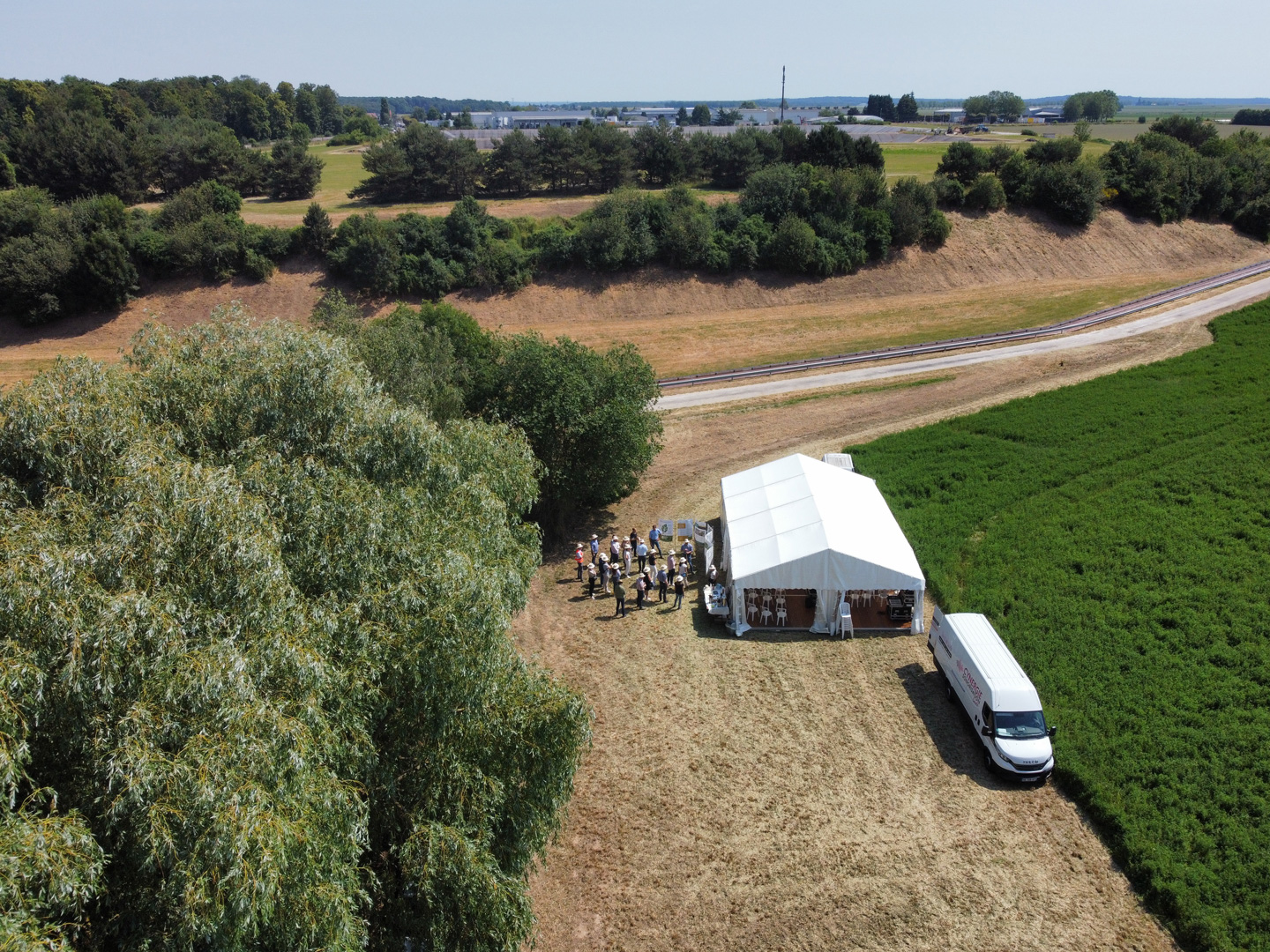
How does the sugar beet fit into sustainable agriculture? This is the central question facing sugar beet cultivation, which was explained theoretically and practically during the Sustainable Farming Days. All in all, sugar beet is not only a very efficient crop, it also makes a positive contribution to soil health and fertility. Sugar beet is part of a mutli-year crop rotation, which means that other crops (such as wheat, chicory, barley) are sown in the following three to seven years. On top of that the long roots of sugar beets have a positive effect on nitrogen content in the soil as well as improve soil resilience and much more. One goal of the Sustainable Farming Days was to emphasize the positive effect sugar beets have on soil health and which role they play for sustainable agriculture in contrast to other crops that are maybe rather a monoculture and not part of crop rotation.
Learn more about the sugar beet here:
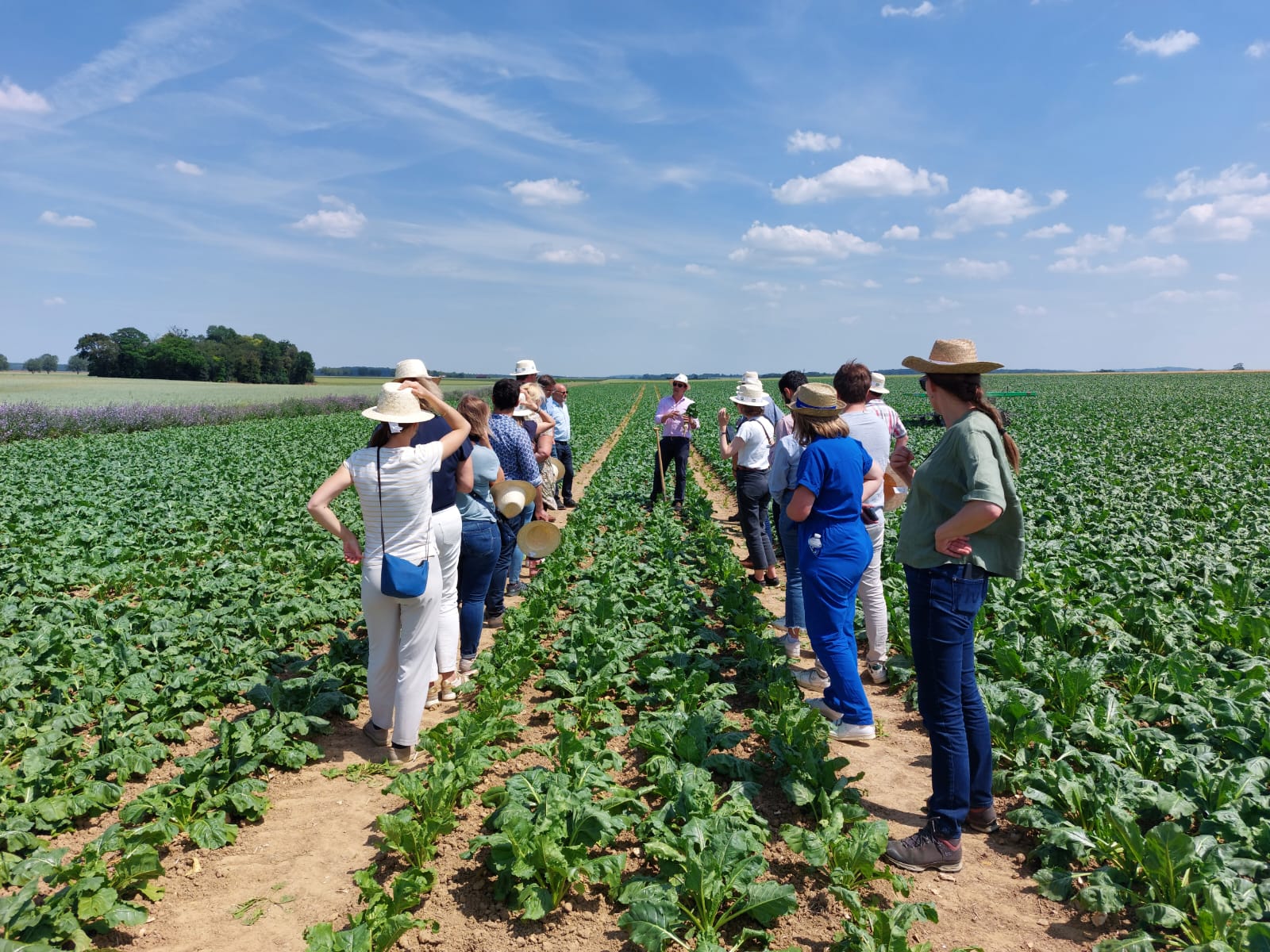
A field inspection with the BGD was a special highlight for our guests in Germany, as the condition of an arable soil was very vividly demonstrated. As our subsidiary, BGD offers laboratory testing including soil analysis and fertiliser advice for farms and other service partners throughout Europe. Due to analytical methods such as EUF soil analysis and PCR analyses, the analyses and consultations now extend far beyond beet cultivation (e.g. PCR analyses for seed potatoes or virus analysis for vine and hop plants).
Learn more about our Soil Health Service here:
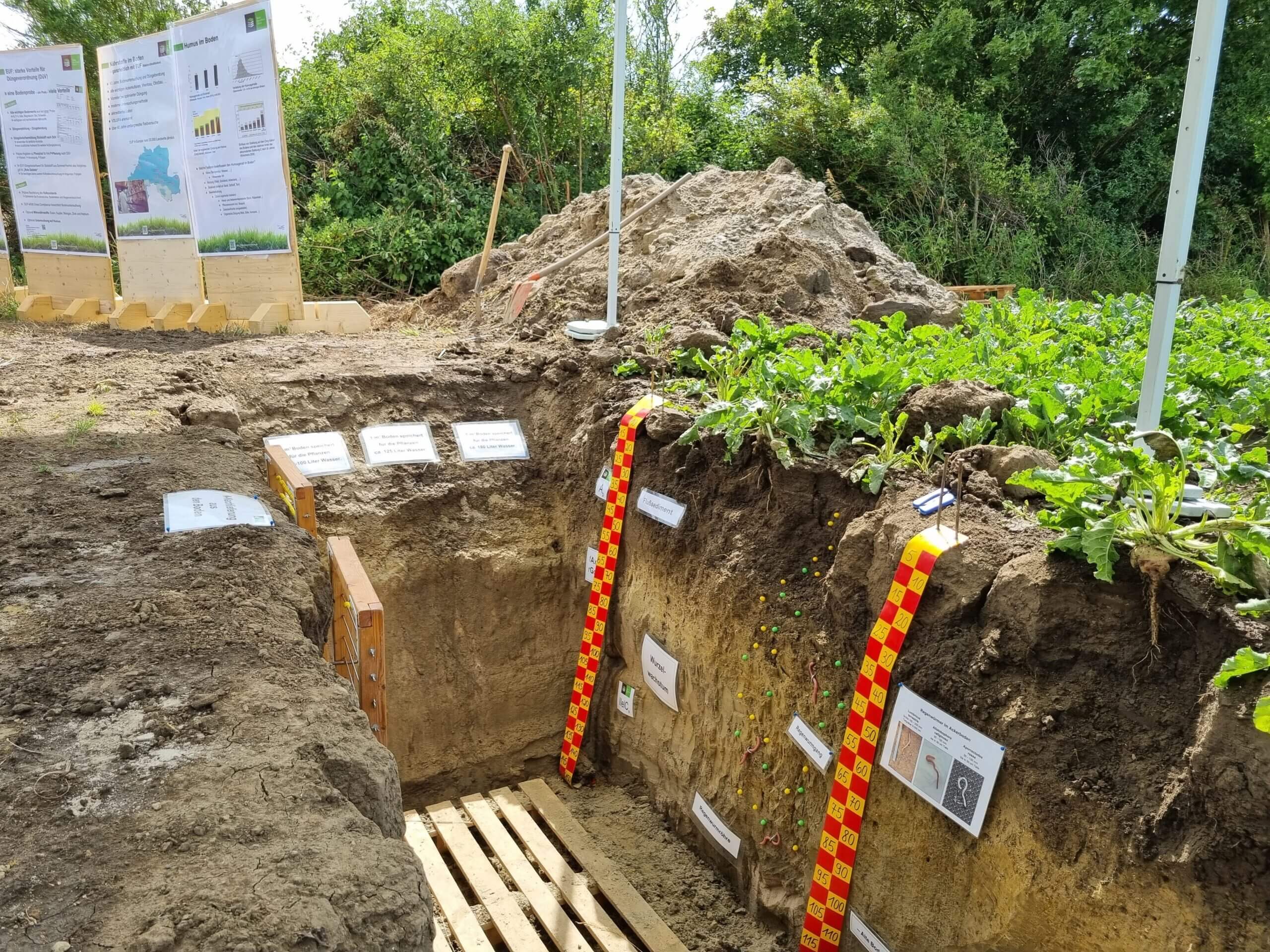
Another increasingly relevant topic that was on the agenda at our Sustainable Farming Days is increasing resistance to already known diseases and pests, but also the emergence of new problems and, at the same time, a reduction in fertilisers and crop protection, which present sugar beet cultivation with many questions to be solved.
In numerous research projects and practical field trials, products that have already been developed or are in the process of being developed (e.g. plant protection products and fertilisers) are being analysed and the development of digital tools for the detection and control of diseases and pests is being driven forward. One example is weed control systems – the demonstration clearly showed how advanced such tools are today and how precisely the systems work. During the Sustainable Farming Days, first insights into our activities were given and the extensive and complex challenges in sugar beet cultivation were made tangible in a practical way.
Südzucker’s agricultural research and our experts in Kirschgartshausen are actively working not only to solve existing challenges but also to look ahead and make agriculture more sustainable (among others by using robotics.).
Fostering biodiversity – a central pillar of our fields of action and thus also one of the key points of our Sustainable Farming Days. Since 2018, we have been researching the effect of flower strips in and around sugar beet fields on regional biodiversity in collaboration with the Institute for Agroecology and Biodiversity (ifab) in Mannheim, with remarkable results.
Through flower strips at the edge of sugar beet fields we contribute to the promotion of biodiversity – but how exactly does this work, what effect does it have and how do we plan to roll this out further in practice in the future? At the Sustainable Farming Days, we provided insights into exactly this research and activities to raise awareness, relevance and effect of science-based measures to foster biodiversity. As a producing company that can build the bridge between agriculture and consumption, we see it as our task as a key stakeholder to unite both worlds.
The strong, positive response to our Sustainable Farming Days has shown us that the need for information and the interest in this future-relevant topic are very high, which is why we will continue to build the bridge and raise awareness about the connection between sustainable agriculture, sugar beet cultivation and consumption in a very practical experience in the coming years. Because only together can we work towards a more sustainable future with great impact.

